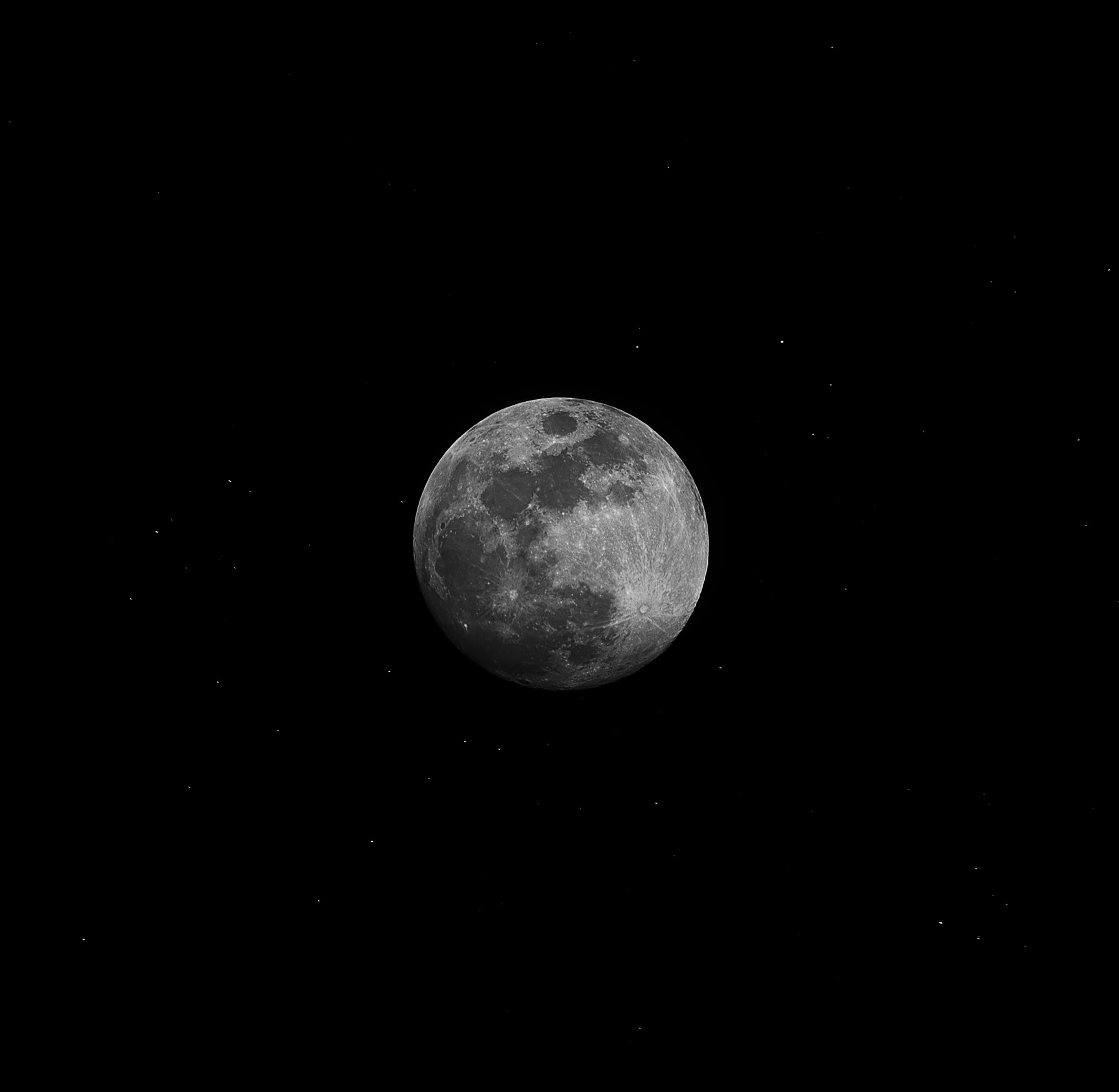The Fascinating World of Alchemy: Unraveling the Mysteries of an Ancient Science
Have you ever been captivated by stories of ancient sorcery and the pursuit of turning base metals into gold? If so, you may be intrigued by the concept of alchemy. Alchemy, often viewed as a mystical and pseudoscientific practice, has a rich and complex history that spans centuries. In this blog post, we will delve into the origins of alchemy, explore its goals and methods, and examine its influence on modern science and philosophy.
## Table of Contents
Origins of Alchemy
The origins of alchemy can be traced back to the Hellenistic period, around the 3rd century BCE. It was initially practiced in ancient Egypt, Greece, and the Islamic world. The word “alchemy” itself is derived from the Arabic word “al-kimiya,” which means ‘the art of transformation.’
In ancient Egypt, alchemy was closely intertwined with religious and spiritual beliefs. The Egyptians believed that by performing certain rituals and purification processes, they could transcend the physical plane and achieve spiritual enlightenment. They also explored ways to preserve the body after death through mummification, which involved the use of various alchemical substances.
During the Hellenistic period, alchemy underwent significant developments influenced by Greek philosophy and science. It was during this time that the concept of transmutation, the transformation of one substance into another, first emerged. The legendary figure of Hermes Trismegistus, believed to be a fusion of the Greek god Hermes and the Egyptian god Thoth, is often credited with the systemization of alchemical knowledge.
Goals of Alchemy
The ultimate goal of alchemy was the transformation of base metals, such as lead or mercury, into noble metals like gold or silver. This pursuit, known as the **Philosopher’s Stone**, was considered the pinnacle of alchemical achievements. The Philosopher’s Stone was believed to grant its possessor eternal life, as well as deep spiritual and transcendent knowledge.
However, alchemy was not solely concerned with material transmutation. It encompassed a broader philosophical and metaphysical quest for understanding the nature of the universe and humanity’s place within it. Alchemists sought to discover the essence of matter, the processes of growth and decay, and the principles governing the cosmos.
Methods of Alchemy
Alchemy was a complex and multi-faceted discipline that incorporated elements of chemistry, metallurgy, medicine, and spirituality. Alchemists employed various experimental techniques, and their work often involved the creation and manipulation of intricate laboratory equipment.
One of the fundamental principles of alchemy was the belief in the existence of a fundamental substance called the **Prima Materia**. This substance was thought to be the primary building block of all matter, possessing the potential to be transformed into any other substance. Alchemists aimed to purify and transmute the Prima Materia through a series of intricate processes, which sometimes included the application of heat, distillation, and chemical reactions.
It is important to note that alchemy was not always a purely empirical practice. Symbolism played a significant role in alchemical texts and diagrams, often concealing secret knowledge or spiritual truths. The use of mythical allegories and cryptic language was a way to protect alchemical knowledge from those who were not initiated into its mysteries.
Influence on Science and Philosophy
Although alchemy is often dismissed as a pseudo-science, it had a profound impact on the development of modern chemistry and medicine. Many of the techniques and apparatus used by alchemists paved the way for scientific advancements in these fields.
For instance, the invention of distillation apparatus, such as the alembic, was crucial to the study of chemical substances. Alchemists’ extensive experimentation with various substances and their observations contributed to the understanding of elemental properties and chemical reactions. Their painstaking documentation of procedures and outcomes laid the groundwork for the systematic study of chemistry.
Alchemy also influenced philosophical and spiritual traditions. The quest for the Philosopher’s Stone and the transmutation of base metals into gold symbolized the alchemist’s endeavor to achieve enlightenment and spiritual transformation. This metaphorical interpretation is reflected in various spiritual and mystical practices, including the concept of inner alchemy found in Taoist traditions.
It is worth noting that the philosophical concepts explored in alchemy, such as the interconnectedness of all things and the search for ultimate truth, are still relevant today. Alchemy continues to inspire artists, writers, and thinkers to tap into the depths of human existence and explore the mysteries of the universe.
In conclusion, alchemy embodies a fascinating blend of science, spirituality, and mysticism. While its goals of transmutation may seem fantastical, the pursuit of understanding the nature of matter and the cosmos propelled alchemists to lay the foundations of modern chemistry. Alchemy’s influence extends beyond the realm of science, permeating various philosophical and spiritual traditions. So, the next time you hear the word “alchemy,” remember the ancient search for knowledge and the profound impact it has had on our understanding of the world.
References:
- Britannica: Alchemy
- The New York Times: Is Alchemy an Extremely Millennial Form of Wellness?
- History.com: Alchemists and Chemistry
Table of Contents
